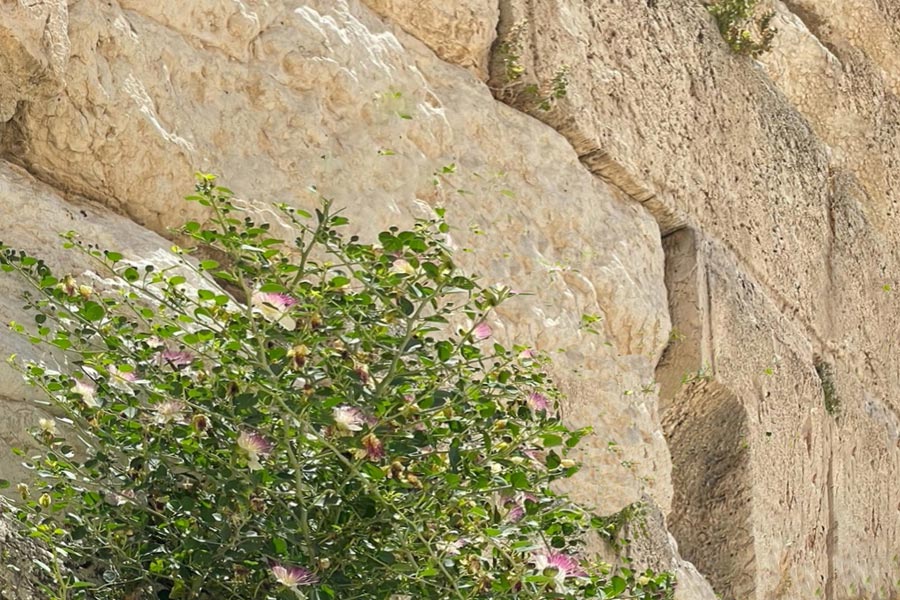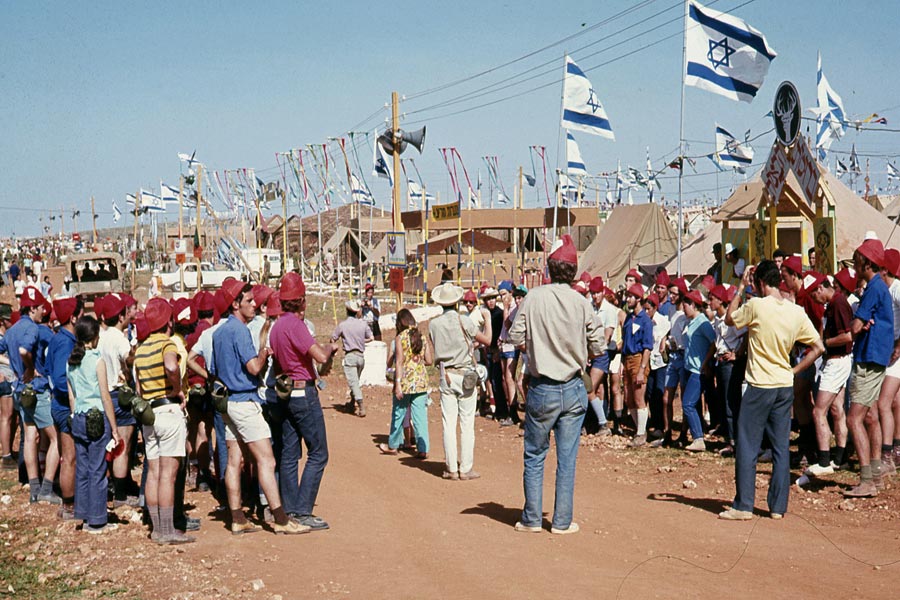27 Hebrew Melodies for Recorder
Hans Lewitus arranger
Inbar Solomon musical director, recorder, voice
Adi Silberberg recorder, guitar, violin, clarinet, voice
Jewish music, just like the Jewish people, has been around for centuries and originates from various backgrounds. Just like the recorder, an ancient instrument that has been revived in the past few decades, so does the Jewish history and within it, the Jewish music. 27 HEBREW MELODIES FOR RECORDER is a collection of beautiful songs, some of which are very ancient, religious, and Hasidic, while others are modern and secular. Some come from Europe and are sung in Yiddish while others were “born” in Israel and are in modern Hebrew.
Is there a common character to these varied tunes? Perhaps the favor for minor scale, some modality, and the use of syncopation. Nevertheless, each and every one of them is a unique piece, recorded for the first time in this special arrangement made by Hans Lewitus for two Recorders. In the album, one can hear and enjoy the whole Recorder family, accompanied sometimes by violin, clarinet, and guitar, along with singing.
— Inbar Solomon
Listen
Track Listing & Credits
| # | Title | Composer | Performer | |
|---|---|---|---|---|
| 01 | Yismehu hashama`im | Hassidic traditional; Hans Lewitus, arranger | Inbar Solomon - soprano and bass recorders, voice; Adi Silberberg - clarinet, violin, guitar | 2:14 |
| 02 | Chag HaGez | Hassidic traditional; Hans Lewitus, arranger | Inbar Solomon, alto recorder; Adi Silberberg, soprano recorder | 0:35 |
| 03 | Kol Dodi | Hassidic traditional; Hans Lewitus, arranger | Inbar Solomon, alto recorder; Adi Silberberg, sopranino recorder | 1:05 |
| 04 | Me’al Pisgat Har Hatsofim | Israeli traditional; Hans Lewitus, arranger | Inbar Solomon - alto recorder, voice; Adi Silberberg, guitar | 1:58 |
| 05 | Hayo hayu shnei Haverim | Israeli traditional; Hans Lewitus, arranger | Inbar Solomon, alto recorder; Adi Silberberg, alto recorder | 0:43 |
| 06 | Im Hupalnu | Israeli traditional; Hans Lewitus, arranger | Inbar Solomon, soprano recorder; Adi Silberberg, sopranino recorder | 1:00 |
| 07 | Mazel tov | Hassidic traditional; Hans Lewitus, arranger | Inbar Solomon, alto recorder; Adi Silberberg, alto recorder | 1:27 |
| 08 | Zemer Habokrim | Israeli traditional; Hans Lewitus, arranger | Inbar Solomon, sopranino recorder; Adi Silberberg, alto recorder | 1:12 |
| 09 | Himnon Hapalmah | Israeli traditional; Hans Lewitus, arranger | Inbar Solomon, alto recorder; Adi Silberberg, alto recorder | 1:11 |
| 10 | LaMidbar | Israeli traditional; Hans Lewitus, arranger, arranger | Inbar Solomon, tenor recorder; Adi Silberberg, alto recorder | 0:46 |
| 11 | Dayenu | traditional; Hans Lewitus, arranger | Inbar Solomon - alto recorder, voice; Adi Silberberg - alto recorder, voice | 0:48 |
| 12 | Artza Alinu | Israeli traditional; Hans Lewitus, arranger | Inbar Solomon, bass recorder; Adi Silberberg, alto recorder | 0:55 |
| 13 | Erev Shel Shoshanim | Israeli traditional; Hans Lewitus, arranger | Inbar Solomon - tenor recorder, voice; Adi Silberberg, guitar | 2:54 |
| 14 | Romemu | Hassidic traditional; Hans Lewitus, arranger | Inbar Solomon, tenor recorder; Adi Silberberg, soprano recorder | 1:33 |
| 15 | Hora Medura | Israeli traditional; Hans Lewitus, arranger | Inbar Solomon, bass recorder; Adi Silberberg, alto recorder | 0:53 |
| 16 | Ush’avtem Mayim BeSason | Hassidic traditional; Hans Lewitus, arranger | Inbar Solomon, alto recorder; Adi Silberberg, alto recorder | 0:53 |
| 17 | Agala Im Susa | Israeli traditional; Hans Lewitus, arranger | Inbar Solomon, alto recorder; Adi Silberberg, alto recorder | 0:46 |
| 18 | Hafinjan | Israeli traditional; Hans Lewitus, arranger | Inbar Solomon, alto and bass recorders; Adi Silberberg, guitar | 1:19 |
| 19 | David Melech Israel | Israeli traditional; Hans Lewitus, arranger | Inbar Solomon, alto recorder; Adi Silberberg - alto recorder, violin | 0:33 |
| 20 | Ro’e VeRo’a | Israeli traditional; Hans Lewitus, arranger | Inbar Solomon, bass recorder; Adi Silberberg, alto recorder | 1:22 |
| 21 | Singt Alle Yiddelach | Yiddish traditional; Hans Lewitus, arranger | Inbar Solomon, alto recorder; Adi Silberberg, alto recorder | 0:55 |
| 22 | Belz, mein Stetele Belz | Yiddish traditional; Hans Lewitus, arranger | Inbar Solomon, bass recorder; Adi Silberberg, alto recorder | 1:45 |
| 23 | HaSela Ha’Adom | Israeli traditional; Hans Lewitus, arranger | Inbar Solomon, alto recorder; Adi Silberberg, alto recorder | 1:03 |
| 24 | K’sheHaRabbi Elimelech | Yiddish traditional; Hans Lewitus, arranger | Inbar Solomon - soprano recorder, voice; Adi Silberberg, tenor recorder | 0:57 |
| 25 | Wi Nemt Men a Biselle Mazl | Yiddish traditional; Hans Lewitus, arranger | Inbar Solomon, alto recorder; Adi Silberberg, alto recorder | 0:48 |
| 26 | Sisu Et Yerushalayim | Hassidic traditional; Hans Lewitus, arranger | Inbar Solomon - soprano and alto recorders, voice; Adi Silberberg - soprano recorder, violin | 1:31 |
| 27 | Hava Nagila | Hassidic traditional; Hans Lewitus, arranger | Inbar Solomon - soprano and bass recorders, voice; Adi Silberberg - clarinet, guitar | 1:48 |
Recorded on May 31st, 2022 at the Israeli Music Conservatory Studio in Tel Aviv, Israel
Producer Ricardo Lewitus
Musical Director Inbar Solomon
Recording Engineer Yaron Aldema
Album cover photo by Eva Lewitus
Executive Producer Bob Lord
A&R Director Brandon MacNeil
VP of Production Jan Košulič
Audio Director Lucas Paquette
VP, Design & Marketing Brett Picknell
Art Director Ryan Harrison
Design Edward A. Fleming
Publicity Patrick Niland
Artist Information

Hans Lewitus
Professor Hans Lewitus was born in Vienna on July 25, 1905. He began piano lessons at the age of 6, and music became a lifelong passion. While studying law he also went to the Conservatory of Music of Vienna, where he earned a Bachelor of Arts degree in clarinet in 1930. From then on music became his career.
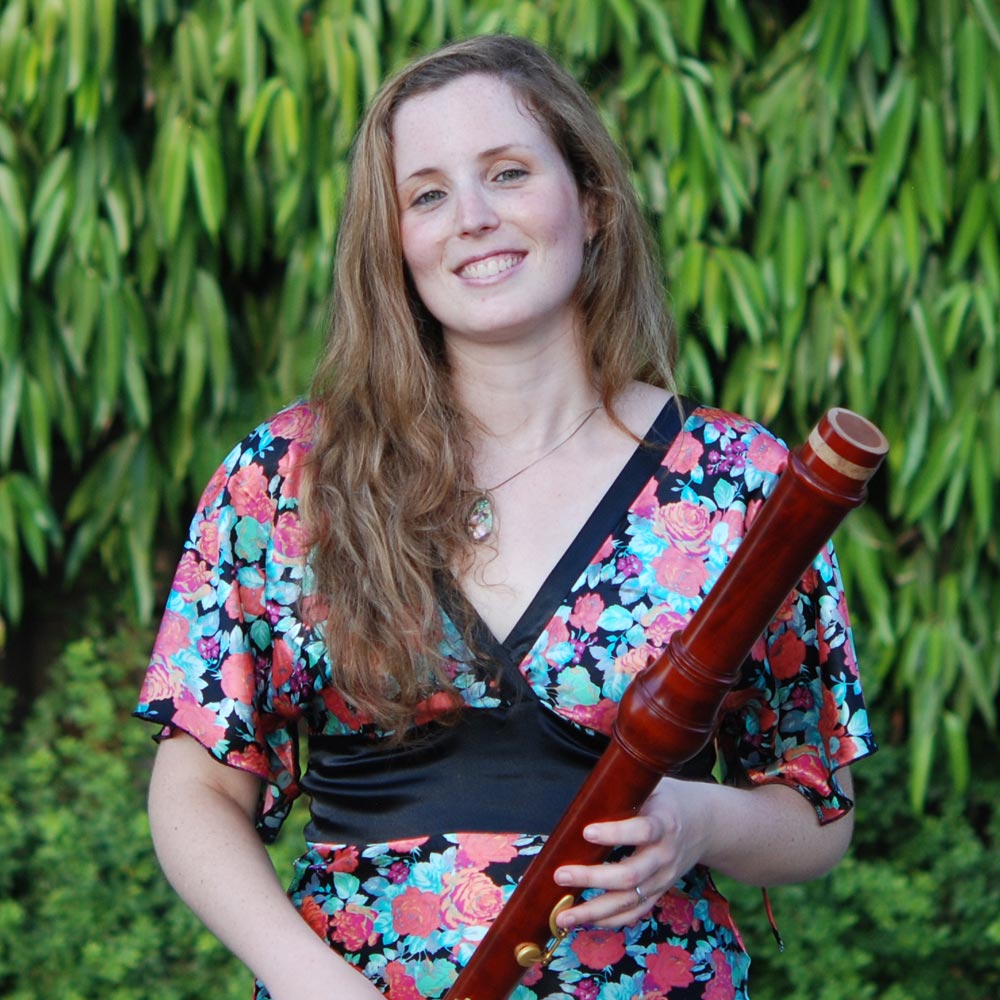
Inbar Solomon
Inbar Solomon is a recorder player, performing both early music in several ensembles as well as Israeli and international contemporary music. In 2022, she won the Oedoen Partos lifetime award from the Minister of Culture for her performance of the piece Ra’ad, which was dedicated to her. She collaborates with composers from Israel, the United States, Japan, England, and Argentina, and in the past years, she premiered over 30 new solo and chamber music Recorder pieces dedicated to her. New music performed by her was recorded and published in many albums and made their creators win important prizes, such as the Prime Minister Prize for Composers and the ACUM Award. She performed in festivals and concert series in Israel and Europe and played as a soloist with Kölner Akademie Orchestra, Barrocade, the Israeli Stage Orchestra, and The Israel Sinfonietta Beer Sheva.
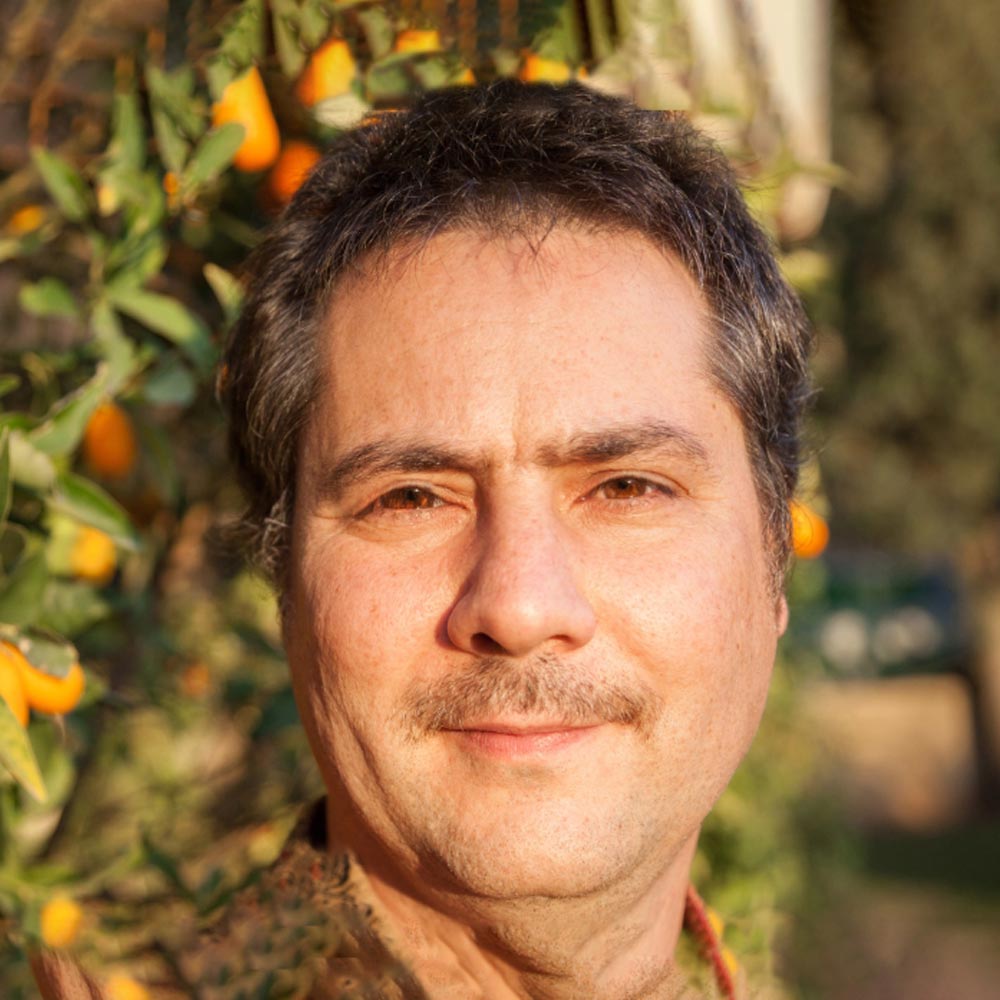
Adi Silberberg
Adi Silberberg is a recorder player, multi-instrumentalist, and cross-genre musician with a degree in early music and recorder performance, as well as a degree in music technologies. Silberberg is occupied in performance with some of Israel’s most interesting ensembles and maintains a solo career filled with collaborations with many great artists on a regular basis in Israel and internationally. Making music in Israel and worldwide, including recordings and broadcasts, Silberberg is creating music in many ways: playing, arranging, and composing in genres such as folk, pop, rock, jazz, blues, avant-garde, minimalism, dance, ethnic, Jewish, and of course, early and contemporary classical music. He also maintains teaching positions in a few institutes on all levels and is involved in academic research. Amongst his teachers, one can mention Gershon Prenski, Heiko ter Schegget, Leo Meilink, and Shai Cohen.
website: virtualadi.com
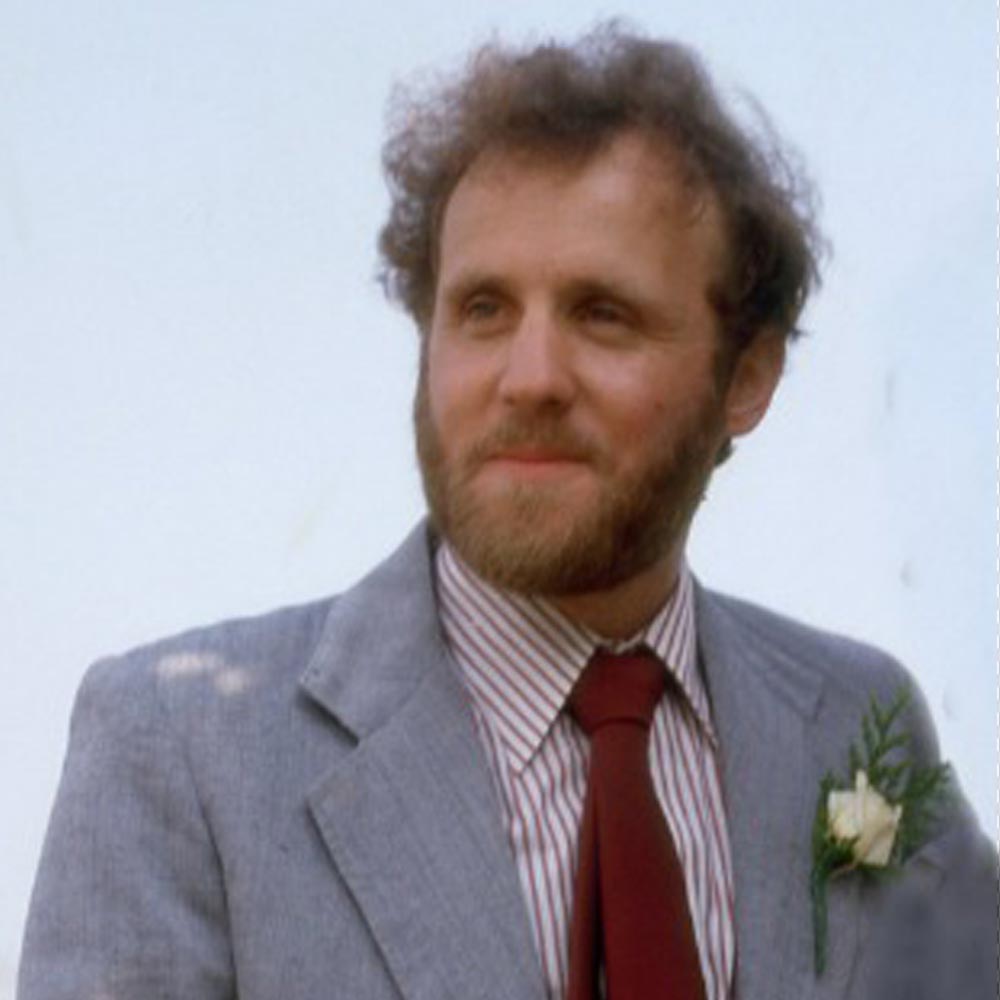
Ricardo Lewitus
Dr. Ricardo Lewitus is an entrepreneur with deep roots in the world of classical music and the arts. He was born in Lima, Peru to a family of artists — his father, Hans Lewitus, was a professor at the Lima Conservatory of Music and a founding member of the Peruvian Symphony Orchestra, and his mother, Eva Heller de Lewitus, is a retired photographer.
Notes
My father spent two years with the Palestine Symphony Orchestra in the late 1930s, before the State of Israel was founded. Perhaps it was then that he heard and came to love the traditional music of the Jewish people and also probably through his friendship with Joachim Stutschewsky in Vienna and Palestine. Later, in Peru, he arranged many, many different Hebrew and Yiddish melodies for two recorders. I decided to choose 27 of these arrangements to present here. According to Kabbalah, the number 27 is a fortunate number, with echoes of enchantment and the power of creativity. I hope that these songs will open your hearts to the joys of a genre that may be less familiar to you, or that may transport you back to a different time or place.
This album is dedicated to a few people who helped me discover the titles of the songs, none of which were named in my father’s manuscripts.
First, to my son Justin, who found most of the titles.
Second, to Daniel Radsinski and Rita Kajomovitz, both of whom were tireless in their efforts to help identify the remaining songs and more.
I also want to acknowledge the members of two Jewish groups that were very influential in my life: Jazit Kineret in Lima, Peru, and the 1970 cohort of The Majon: Institute for Leadership in Jerusalem.
Lastly, to Meirav Moran, who graciously permitted me to use a photograph of her and my father for the album’s cover. The photograph was taken circa 1977 at the home of her late parents, Rami and Dalia, overlooking the fields of their kibbutz — Kibbutz Ga’ash — in Israel, where Meirav and her sisters Marit, Neta, and Assia grew up.
And last but not least: to my mother Eva Lewitus, a great supporter of this and all my projects and the photographer of this album’s cover.
— Ricardo Lewitus


